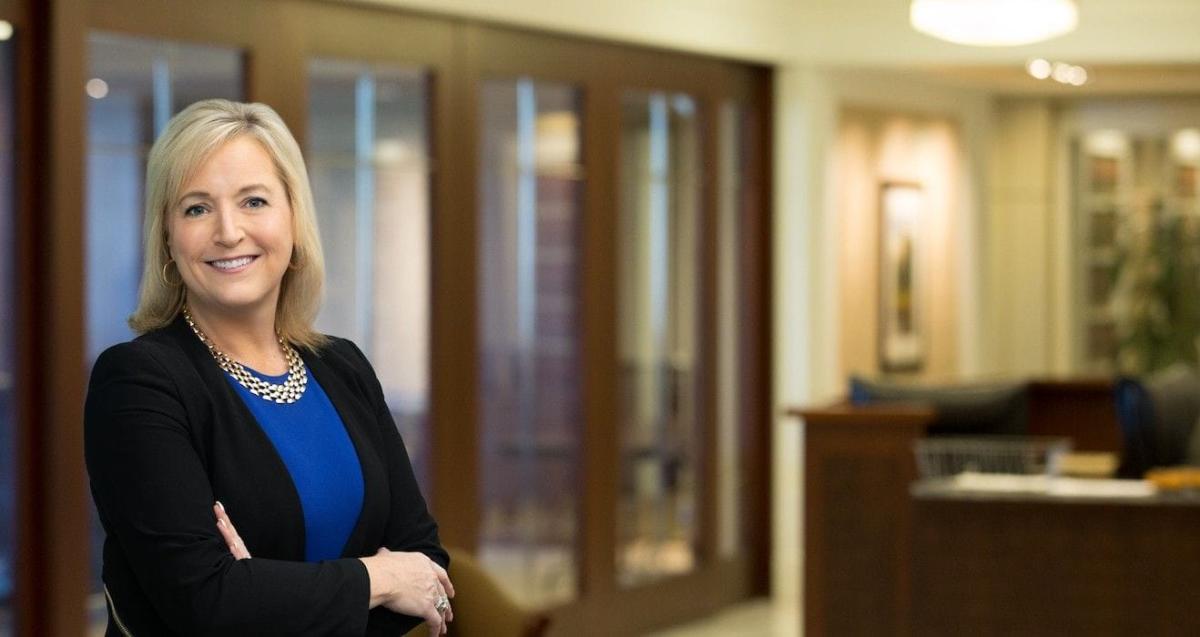Editor’s note: This article first published in the June 2023 Special Edition of Beyond the Meeting Room, ALHI’s printed magazine, a luxury lifestyle publication focused on sharing compelling, inspirational and educational stories from beyond the four walls of a meeting room.
In the wake of the pandemic era’s Zoom meeting overload, there is renewed enthusiasm for in-person conferences and events. A recent report by the Event Industry Council and Oxford Economics concluded that respondents throughout the industry view business events as increasingly important in building culture and employee engagement, as well as knowledge-sharing and professional development.
“The good news is that groups are out there having their meetings, conventions and trade shows again, and turnout is picking up. Attendance is strengthening,” said Barbara Dunn, a partner at Barnes & Thornburg LLP who assists nonprofit trade associations and professional organizations with meeting and trade show contracts.
But how planners are contracting those meetings has changed: from having to find creative ways to deal with increasing costs to rewording contracts to better protect their clients.
As the industry returns to full strength and strong leisure travel puts a strain on hotel availability, the market is not ideal for negotiating, Dunn said.
“On top of the compression on the hotel side, many groups have been booking large contracts in a short time frame,” said Dunn, which adds to the negotiating challenges. “Certainly, demand is high, which means contracts are tougher.”
Tap New Markets
She suggests planners expand horizons and look for locations that are promoting new products or that have been slower to come back on the business front. Dunn recently worked with a group on a contract for a meeting in Portland, Oregon, which was offering incentives for group business.
“I think a lot of times planners get themselves into saying, ‘I'm stuck, I have to take the terms offered,’ but in most instances they can hold out for terms that they need in contracts. It's a matter of, does this group want to go to this high-end resort property for a board meeting, where they already envision themselves, versus shopping around with other hotels in different cities where they might have other options.”
The biggest planning challenge for Debbie Stazak, Manager of Corporate Events and Trade Shows for Mölnlycke Health Care, is availability.
“If there is availability, rates are ridiculous. The leadership team will send me the budget, and I’m like, well if you want the same caliber of meetings we’ve always had, then you have to increase the budget.”
Tactics she uses on the food and beverage side include negotiating buffet breakfast packages and beverage package deals. Stazak notes that “service levels are not what they used to be. A lot of hotels are still understaffed.”
Do Your Homework
Though Dunn said she is not fielding as many complaints about hotel staffing, she is hearing about deterioration in quality of some hotels because budget issues have led to deferred renovations. Dunn recommends adding a budget in the contract for additional site visits.
“It's not the normal course where you might look at the property before you sign and then maybe visit a couple of months before the meeting. You've got to kick the tires, check on any service issues, check on facility quality issues and try to troubleshoot ahead of it,” Dunn said. She recommends negotiating additional costs such as complimentary room nights for site visits in the contract.
Cancellation risks associated with the pandemic are largely in the rearview mirror, but some meetings and events are still seeing fewer attendees than before the pandemic and are dealing with attrition.
Negotiation Reset
“With hotel contracts, there is still the potential of needing to scale down a room block or function space, or even food and beverage minimums,” Dunn said. “That’s still a key term and a contingency that I would always recommend trying to negotiate in a contract. I think the groups have found flexibility with the facilities and hotels to allow for some of that scaling down within reason.”
“Within reason” are key words for the hotel side, according to Steve Rudner, Founder and Managing Partner of Rudner Law Offices, representing hotels, resorts and conference centers worldwide.
“What's happening now post-COVID is the same as what has happened post- every economic downturn,” Rudner said. “We wind up during the crisis accepting clauses and agreeing to principles that are expedient for the moment but are not really great long-term contracting principles. And then when we emerge from that crisis, we have to reeducate ourselves about the basic principles.”
The challenge of reeducating planners is exacerbated by the loss of experienced planners throughout the industry.
“We're really having to reintroduce and reset the dial,” Rudner said. “We have planners who are frustrated. They'll present an agenda, and the hotel will say, ‘We can't accept this.’ And the planner will say ‘Well, you accepted it two years ago.’ And, of course, the response is: ‘Two years ago, I would have accepted anything. But that doesn't mean that it's what I can accept on a forward basis.’”
Rudner stresses that planners don’t necessarily need to reword contracts. Clauses placed in contracts during the pandemic can still be valid today. Using force majeure as an example, if the clause protected the group from paying damages for canceling a meeting that was impossible to hold, that clause doesn’t need to change.
“You've got to kick the tires, check on any service issues, check on facility quality issues and try to troubleshoot ahead of it.”
Barbara Dunn, Partner, Barnes & Thornburg LLP


“What's happening now post-COVID is the same as what has happened post- every economic downturn.”
Steve Rudner, Founder and Managing Partner, Rudner Law Offices
Attrition clauses are still vital for contracts, according to Rudner. He explains that if a group contracts 100 rooms a night with a hotel and there is no attrition clause in the contract, the group will be on the hook for those 100 rooms. Even if the group uses 50 of those rooms, they will still owe for the remaining 50 rooms.
On the planner side, Stazak recommends including a resale clause in the meeting contract, which states that if the program needs to be canceled and the property resells the rooms, the company can get its money back.
Another word Stazak’s contracts now include is “impractical.” Is the meeting impossible or impractical? “We had to cancel a national sales meeting because of COVID, and then had to cancel again. We had a cancelation clause. The city was at a level 4 for COVID, and the contract said if it was level three or higher, then force majeure would come into play. They fought us on it and wanted us to pay virtually a million dollars. We never put anyone in that hotel. We ultimately ended up working something out.”
Stazak continues to include words such as pandemic and epidemic in contracts, and if the hotel or convention center refuses to include them in the contract, it’s time to reevaluate.
“Ultimately, we look at what the risk is, should something happen. And my leadership makes that decision whether it’s worth the risk to go forward.”